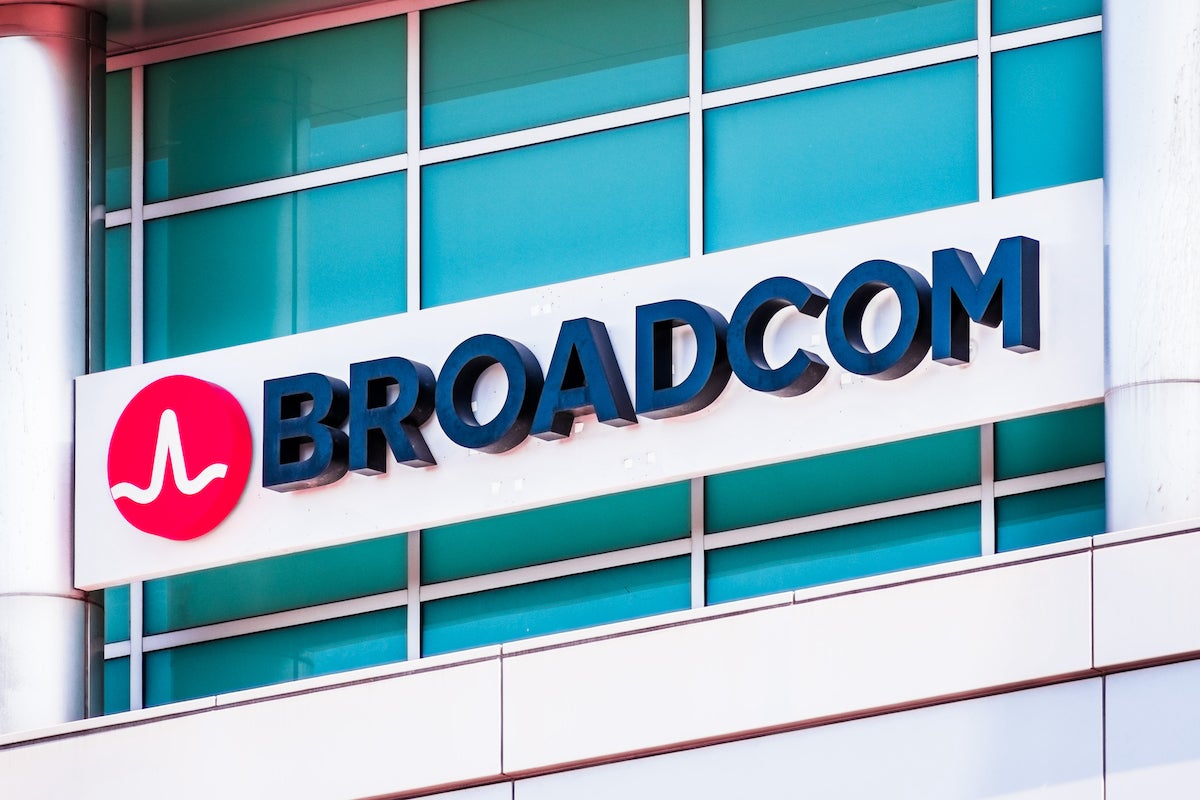- The road to S/4HANA: How CIOs are managing SAP ECC’s end of support
- My favorite Garmin safety feature is coming to Forerunner models - and I can't recommend it enough
- Liquid cooling becoming essential as AI servers proliferate
- Are wind power generators viable at home? My verdict after months of testing
- I challenge you to find a better pair of budget wireless earbuds than this
UK authority OKs Broadcom’s VMware buy but regulatory hurdles remain

The UK’s Competition and Markets Authority Monday approved the proposed $61 billion megamerger between Broadcom and VMware, saying that the deal would not substantially affect innovation or harm the ability of rivals to compete against the merged company.
While Broadcom said that it expects to receive all regulatory approvals necessary to close the deal VMware deal by the end of October, it acknowledged that it is still working with some authorities to obtain consent, and said in a filing with the US Securities Exchange Commission on Monday that it has agreed with VMware to extend the “Outside Date” for the deadline to conclude the deal. The new date was not immediately specified by Broadcom.
“Broadcom continues to work constructively with regulators in other jurisdictions and is in the advanced stages of the process toward obtaining the remaining required regulatory approvals,” Broadcom said.
The deal has passed conditional muster with regulators in the EU, and Broadcom said in the filing that “the Hart-Scott-Rodino pre-merger waiting periods have expired, and there is no legal impediment to closing under U.S. merger regulations.” In addition, Australia, Brazil, Canada, Israel, South Africa, and Taiwan have approved the deal.
Broadcom, VMware await Chinese regulatory approval
But approval from Chinese regulators, in particular, could prove a problem, as the government of that country appears to be holding back deals involving US companies, as part of the ongoing trade dispute that has seen the US ban China-manufactured equipment from some markets. For example, Intel’s planned $5.4 billion acquisition of Israel-based Tower Semiconductor fell apart this month due to the failure of Chinese regulators to give approval in time to meet a deadline agreed upon by the two companies for the deal to close. China retains the right to approve mergers and acquisitions of companies that generate revenue from affiliates within its borders.
Meanwhile, the approval of the UK’s Competition and Markets Authority comes after the conclusion of the phase one investigation by an independent panel, after an earlier phase one inquiry raised the possibility that Broadcom’s rivals would be less able to compete with it, due to the possibility of the company making VMware’s server virtualization products less compatible with other hardware. It also explored the potential issue of Broadcom’s rivals needing to share technical product information with VMware to ensure compatibility.
However, the CMA found that neither concern was enough to bar the deal from taking place. On the compatibility issue, the panel said that the financial downside in terms of lost business would be enough to disincentivize the company from tinkering detrimentally with VMware’s software, and that hardware specifications are only shared with VMware at a point in product development where the information is unlikely to be of value to Broadcom.
The panel said that it reviewed evidence from customers, rival hardware and software providers and more than 250,000 internal documents from Broadcom and VMware in reaching its decision.
“Even if the UK market represents a small proportion of total sales in a merger, the CMA’s job is to scrutinize deals like this thoroughly to ensure they don’t harm competition in the UK,” said the chair of the independent panel that performed the investigation, Richard Feasey.
Industry watchers have voiced skepticism about the proposed merger since it was announced in May 2022. In addition to the competitive concerns investigated by regulators around the world, experts feel that a certain conservatism on Broadcom’s part, in regard to its post-acquisition strategy for software companies, could damage VMware’s position in the market.
Copyright © 2023 IDG Communications, Inc.

